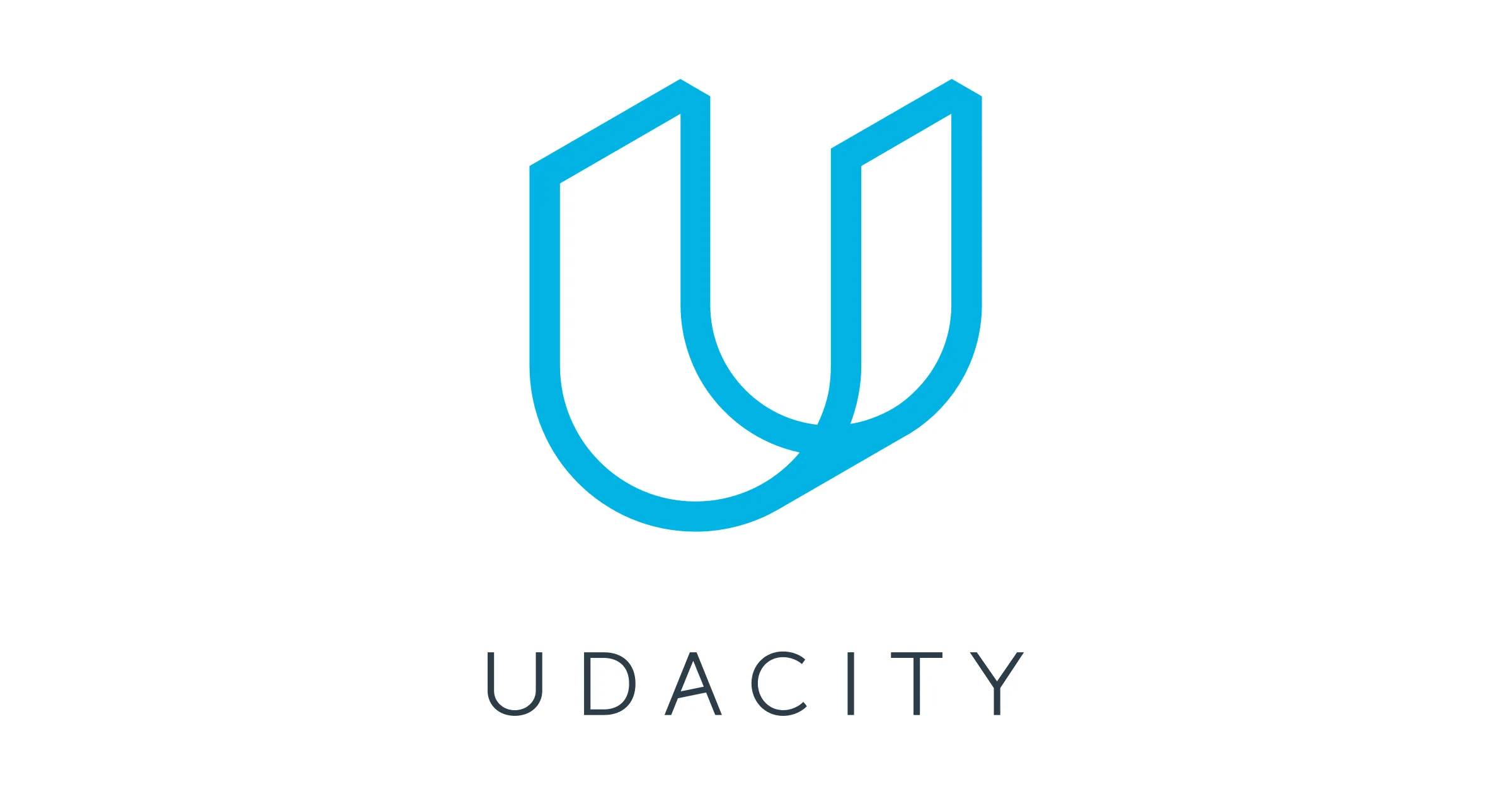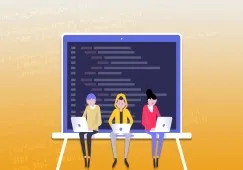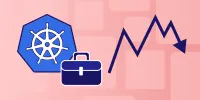
The Complete DevOps Engineer Course 20 - Java & Kubernetes 
This comprehensive online course provides the necessary skills to become a DevOps Engineer. Learn Java and Kubernetes to build scalable web apps and master DevOps with The Complete DevOps Engineer Course 2.0. ▼
ADVERTISEMENT
Course Feature
![]() Cost:
Cost:
Paid
![]() Provider:
Provider:
Eduonix
![]() Certificate:
Certificate:
No Information
![]() Language:
Language:
English
![]() Start Date:
Start Date:
Self Paced
Course Overview
❗The content presented here is sourced directly from Eduonix platform. For comprehensive course details, including enrollment information, simply click on the 'Go to class' link on our website.
Updated in [March 06th, 2023]
This online course provides an in-depth overview of the DevOps Engineer role and the skills needed to become a successful DevOps Engineer. It covers the fundamentals of Java and Kubernetes, and how to use them to build scalable web applications. Students will learn how to set up and configure a Kubernetes cluster, deploy applications, and manage the cluster. Additionally, they will gain an understanding of the DevOps workflow and how to use it to automate processes. By the end of the course, students will have the knowledge and skills to become a successful DevOps Engineer.
[Applications]
The application of this course can be seen in the development of scalable web applications. After completing this course, students will have the knowledge and skills to use Java and Kubernetes to create and deploy applications. They will also be able to use DevOps tools and techniques to manage and monitor applications. Additionally, they will be able to use automation tools to streamline the development process. With this knowledge, students will be able to create robust and reliable applications that can be deployed quickly and efficiently.
[Career Paths]
1. DevOps Engineer: A DevOps Engineer is responsible for the development, deployment, and maintenance of software applications. They are responsible for automating processes, managing infrastructure, and ensuring the reliability and scalability of applications. As the demand for DevOps Engineers continues to grow, the need for professionals with experience in both software development and system administration is increasing.
2. Cloud Engineer: Cloud Engineers are responsible for designing, deploying, and managing cloud-based applications and services. They must be knowledgeable in cloud computing technologies, such as Amazon Web Services, Microsoft Azure, and Google Cloud Platform. As cloud computing continues to grow in popularity, the demand for Cloud Engineers is expected to increase.
3. Software Developer: Software Developers are responsible for designing, developing, and testing software applications. They must be knowledgeable in programming languages, such as Java, Python, and C++. As the demand for software applications continues to grow, the need for experienced Software Developers is expected to increase.
4. System Administrator: System Administrators are responsible for the installation, configuration, and maintenance of computer systems. They must be knowledgeable in operating systems, such as Linux, Windows, and macOS. As the demand for reliable and secure computer systems continues to grow, the need for experienced System Administrators is expected to increase.
[Education Paths]
1. Bachelor of Science in Computer Science: This degree path provides students with a comprehensive understanding of computer science fundamentals, such as programming, software engineering, and computer architecture. It also covers topics such as artificial intelligence, data structures, and algorithms. With the increasing demand for DevOps engineers, this degree path is becoming increasingly popular.
2. Bachelor of Science in Information Technology: This degree path focuses on the application of technology to solve business problems. It covers topics such as database management, network security, and web development. This degree path is ideal for those looking to become DevOps engineers, as it provides the necessary skills to manage and deploy applications in a cloud environment.
3. Master of Science in Computer Science: This degree path provides students with an in-depth understanding of computer science fundamentals, such as programming, software engineering, and computer architecture. It also covers topics such as artificial intelligence, data structures, and algorithms. This degree path is ideal for those looking to become DevOps engineers, as it provides the necessary skills to manage and deploy applications in a cloud environment.
4. Master of Science in Information Technology: This degree path focuses on the application of technology to solve business problems. It covers topics such as database management, network security, and web development. This degree path is ideal for those looking to become DevOps engineers, as it provides the necessary skills to manage and deploy applications in a cloud environment. With the increasing demand for DevOps engineers, this degree path is becoming increasingly popular.
Pros & Cons

Very helpful course according to one learner

Good content and quality

Excellent course with positive feedback

Last lecture not available

Free tutorials available on YouTube
Course Provider

Provider Eduonix's Stats at AZClass
Discussion and Reviews
0.0 (Based on 0 reviews)
Explore Similar Online Courses

Secure and Private AI

Houseplants 101: A Beginners Guide to Indoor Gardening

Python for Informatics: Exploring Information

Social Network Analysis

Introduction to Systematic Review and Meta-Analysis

The Analytics Edge

DCO042 - Python For Informatics

Causal Diagrams: Draw Your Assumptions Before Your Conclusions

Whole genome sequencing of bacterial genomes - tools and applications

DevOps Fundamentals With Agile Gain Solid Understanding

The DevOps Toolkit: Kubernetes Chaos Engineering
![Microsoft Azure DevOps Certification Training Course [AZ 400]](/ccsimg/dcs/img_tools/dcs_img_1691609508_f1144c26447da078f1e6f48f537907b0.webp)
Microsoft Azure DevOps Certification Training Course [AZ 400]
 Related Categories
Related Categories
 Popular Providers
Popular Providers
Quiz
 Submitted Sucessfully
Submitted Sucessfully
1. What is the main focus of this course?
2. What type of engineer will you become after completing this course?
3. What type of applications can you build with this course?


Start your review of The Complete DevOps Engineer Course 20 - Java & Kubernetes